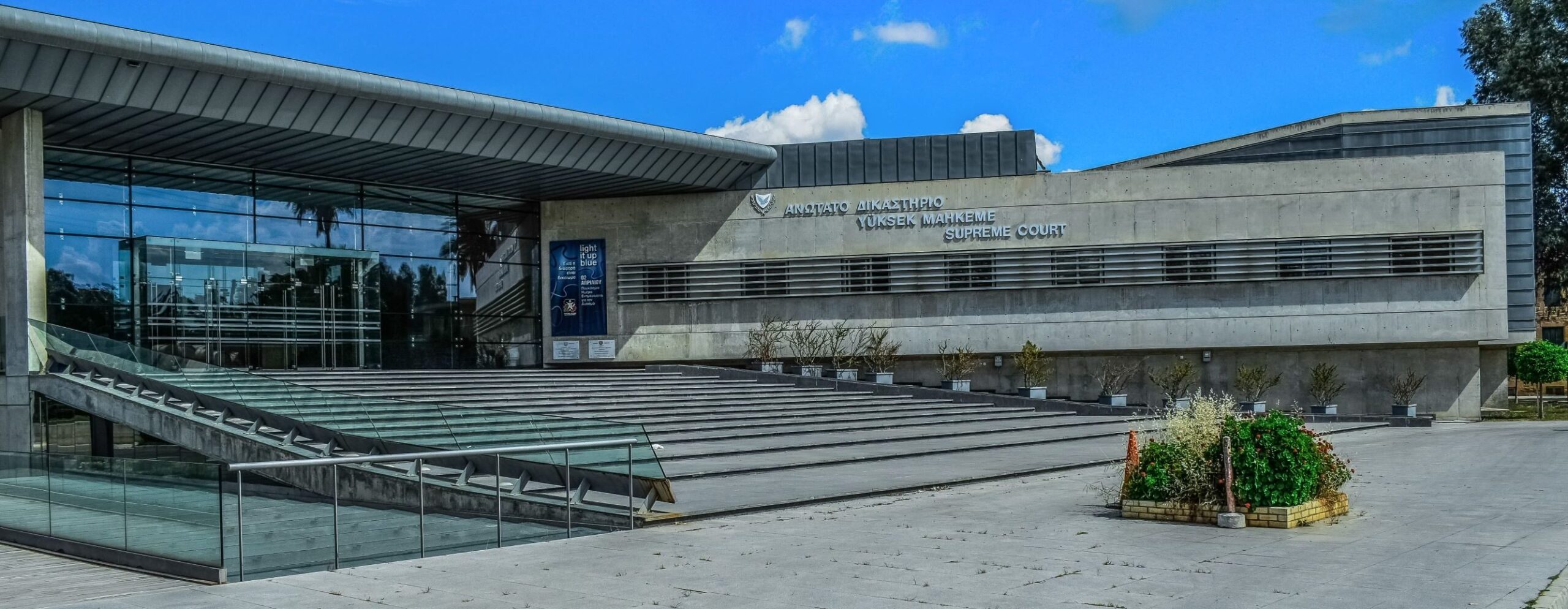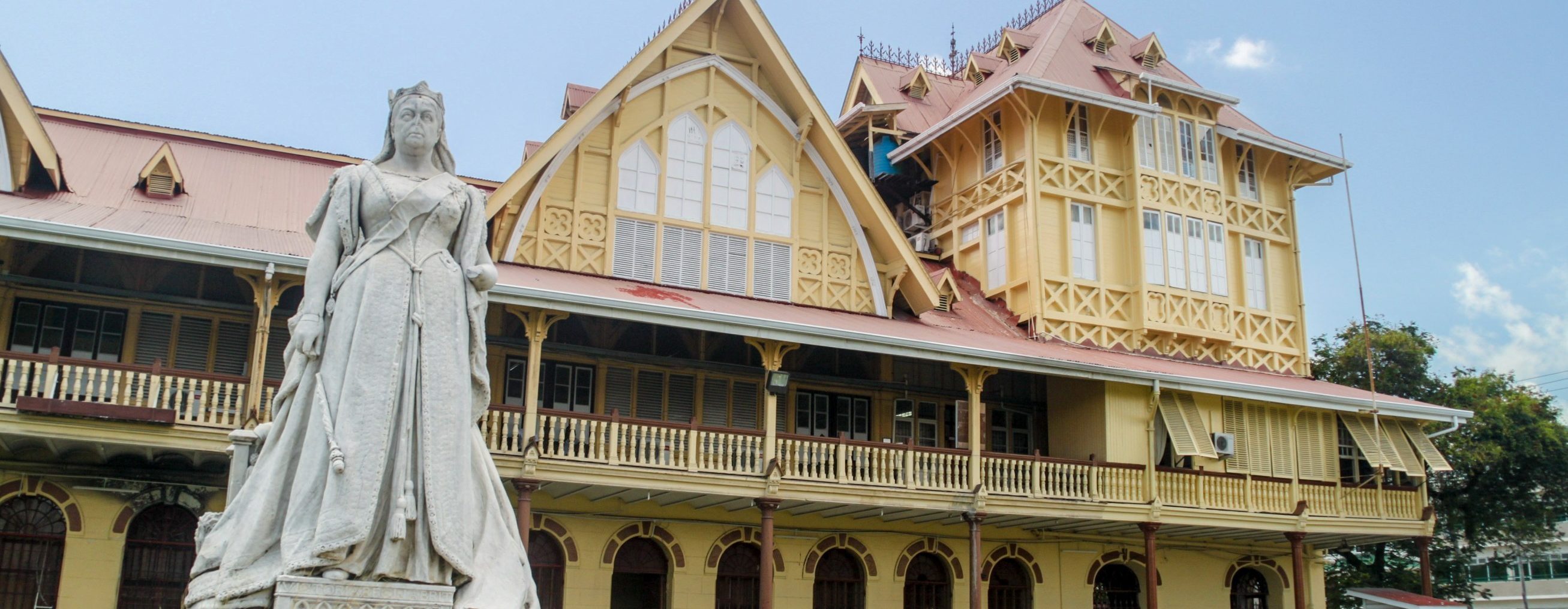Philadelphia 2016
Background
The American Inns of Court is an association of lawyers, judges and other legal professionals from all backgrounds. The Inns have both a national and international reputation as an organisation which seeks to bridge the gap between formal legal education and legal practice by offering career-long continuing education in the common law tradition.
The Temple American Inn of Court was the first Inn to become chartered in Pennsylvania. It celebrates its 25th anniversary this year and has made a distinguished contribution to the American Inns of Court movement.
Over lunch in the Great Hall of Gray’s Inn in March 2015 Desmond Browne QC and Anthony B. Haller, the Chair of the American Inns of Court Planning Committee and Chair of the Temple American Inn of Court, discussed the work of the Inns of Court College of Advocacy and the idea of the American Inns of Court National Advocacy Training Programme was born. The hospitality of both organisations was boundless as evidenced by the private visits and reception at City Hall arranged for faculty members on 21 September and by the formal dinner at the Union League on 22 September 2016.
The ICCA Faculty Members
The ICCA was able to put together a highly experienced panel of trainers for this inaugural event.
The faculty was led by HHJ Joanna Korner CMG QC. Other faculty members included leading criminal silks Mukul Chawla QC, Tracy Ayling QC, commercial silk Martin Griffiths QC, employment and regulatory lawyer Ijeoma Omambala and HHJ Patrick Thomas QC.
One of the matters which was commented on by participants and observers alike during the training was the rapport between trainers and the apparent ease with which faculty members were able to train together.
The Participants
The participants were a refreshingly diverse group. They were all qualified attorneys, many had some years of experience in practise, and others were recent law school graduates. There was a mix of prosecution and defence lawyers and those in private and state or Federal law practice.
Most had devoted considerable time and care to doing the preparatory work which was necessary to obtain maximum benefit from the programme. All engaged wholeheartedly in the advocacy exercises and in the many and varied discussions of the similarities and differences between our approaches to litigation.
One or two participants told the trainers that it would have been helpful if the promotional material had made clear that ‘mature students’ were welcome on the course. They observed that their sponsors had not necessarily understood that the programme was aimed at advocates ‘young’ in practise but not necessarily in years.
The Facilities
The training programme was hosted at the James A. Byrne US Federal Courthouse in Philadelphia. Plenary sessions took place in the ceremonial courtroom with the advocacy exercises taking place in designated courtrooms throughout the building. It is difficult to overstate the quality of the facilities that were made available to the faculty members and to the participants during the course of the programme.

Programme and Materials
HHJ Korner was responsible for writing the case study and other training materials used in this programme.
The case study concerned the prosecution of an individual, Walkinshaw, at the International Criminal Court for crimes against humanity. The materials provided to the participants included a copy of the indictment, a case summary, a chronology, three prosecution witness statements and two defence witness statements.
Participants were allocated a number and then asked to prepare to carry out the exercises allotted to that number on the programme timetable. The timetable enabled all participants to prepare and conduct examination in chief and cross examination of a number of witnesses. In addition, participants prepared and conducted exercises in argument advocacy, namely, opening and closing speeches and legal submissions.
The programme and training rota also allowed faculty members to train with each other across a range of groups.
All participants and a number of the Judges observed the training sessions, commented on how interesting the case study was. The ICC jurisdiction was a great leveller in that none of the participants had any experience of litigation at the ICC or of its jurisprudence. This meant that civil practitioners did not feel unduly disadvantaged or overwhelmed by being asked to deal with a ‘criminal law’ case study. The case study also enabled participants and faculty members to compare different procedural approaches to litigation, to the admission and exclusion of evidence in the UK, the US and the ICC and resulted in some valuable and interesting exchanges.
As noted above the case study and training materials proved immensely engaging.
The Hampel Method
A significant number of the participants had received advocacy training using the NITA (“National Institute for Trial Advocacy”). None were familiar with the Hampel method. There was no discernible difference between the progress of those students who had experienced the NITA method and those who had not.
The Faculty Members largely adhered strictly to the Hampel Method.
Faculty Members Observations
If the programme were to be repeated in the US, then a short glossary of common US legal terms and their UK equivalents would avoid some misunderstandings and help make the training even more effective.
Also, perhaps stating clearly in the instructions to participants whether or not they are expected to familiarise themselves with ICC practice or to apply their State’s procedural rules in dealing with the applications, might lead to a little less panic amongst the participants.
The advocacy training exercises occupied two (very full) days. The consensus amongst faculty members was that this training should take place across three days. The main casualty of the lack of time on this programme was the case analysis session. The one hour and fifteen minutes allotted to case analysis on the programme was too short a time to explain and then conduct a really meaningful case analysis session. This meant that just at the point that the participants were beginning to understand the value of case analysis and to apply its methods, the session was coming to an end. Nonetheless, all of the participants appreciated the session and found value in it. Many spoke about using what they had learned and observed to inform their case preparation in daily practice.
The Faculty Members also felt that a longer programme would have enabled some more ‘talks’ and seminars to have been provided. These would have provided participants and trainers with further opportunities to engage with each other, discuss their areas of practice and to compare notes.
Outcomes
Participants on the course told Faculty Members that they had found the structure and content of the course extremely useful. They were universally impressed with the Hampel Method, the course content and the expertise of Faculty Members. Participants and observers were very clear that their advocacy had improved and developed as a result of the training that was provided. A number of students commented that the Hampel Method had provided them with ‘Headlines’ for their practice for years to come.
Many of the Judges who hosted us at the Court and who observed some of the training sessions and AIC devotees were equally impressed and most insistent that the ICCA be invited to participate in the National Advocacy Training Programme on an annual or bi-annual basis.
Anthony Haller and The Honourable Cynthia M. Rufe in particular were vocal advocates of the ICCA and its faculty members. The Honourable Cynthia M. Rufe was very keen to explore ICCA’s potential involvement in training for the judiciary.
The consensus amongst participants, observers, faculty members and event organisers is that this was an extremely successful training exercise.
It is therefore most likely that the ICCA will be asked to support further advocacy training programmes in other US states under the auspices of the American Inns of Court.


